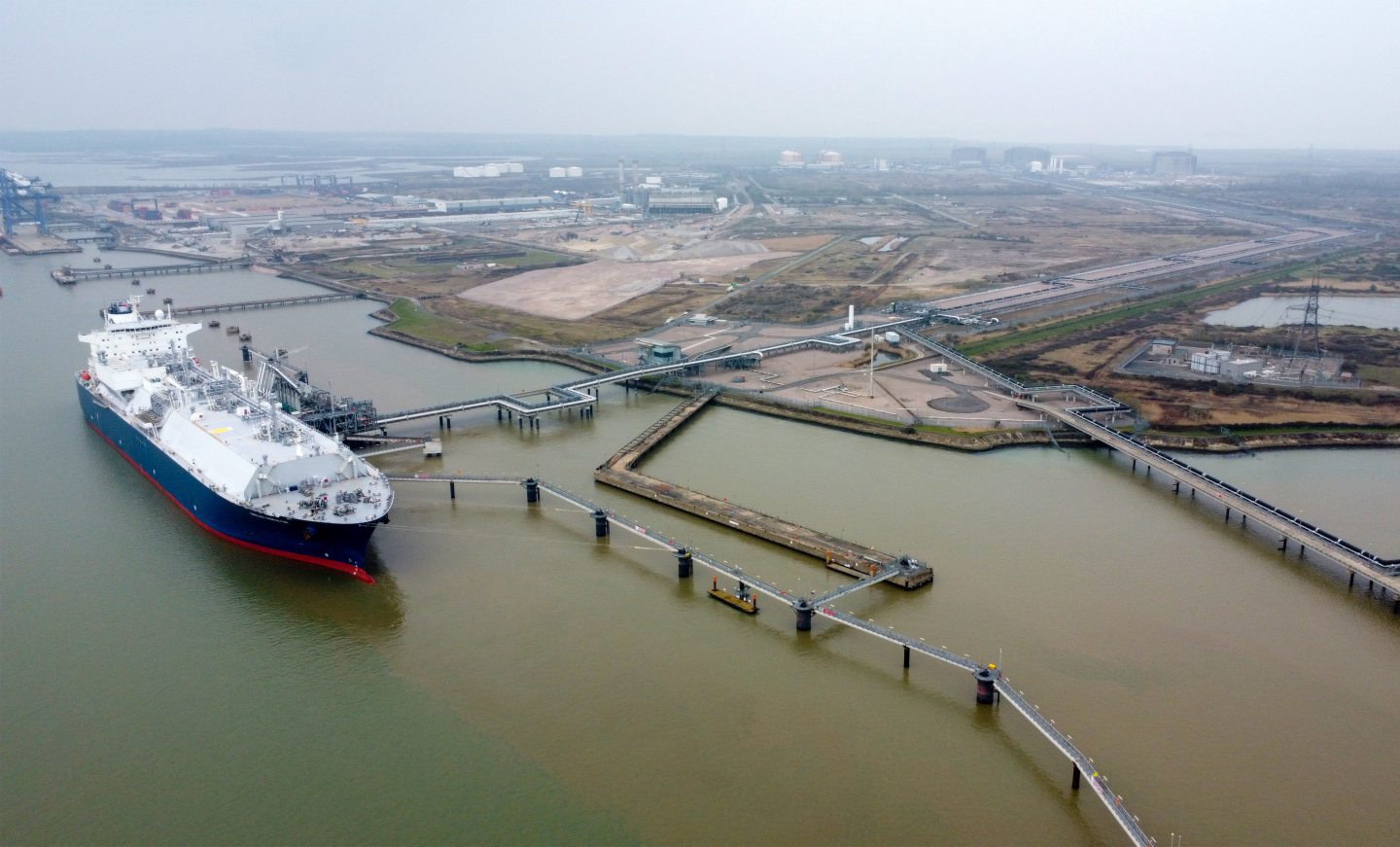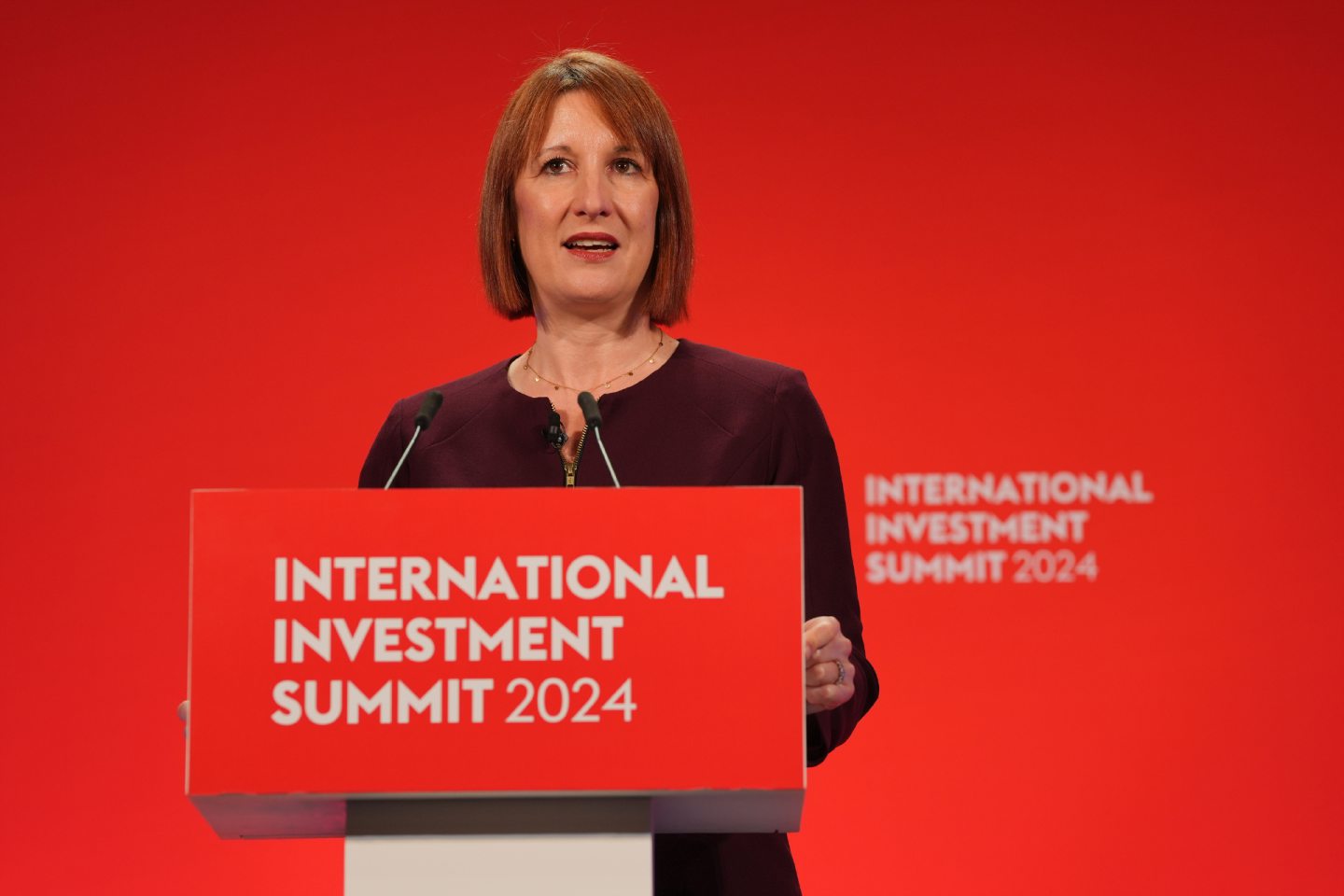 © Supplied by system
© Supplied by system The UK government’s proposed changes to North Sea investment allowances could have a greater impact than increasing the windfall tax rate, according to economists.
University of Aberdeen researchers found plans to raise and extend the Energy Profits Levy (EPL) on North Sea oil and gas activity will see investment in new fields, particularly small ones, reduced.
However, the research also found the removal and reduction of investment and capital allowances included in the EPL would have a greater overall impact than raising and extending it.
The North Sea sector has consistently warned of the potential economic impact of proposed changes to the EPL.
However, a spokesperson for HM Treasury told Energy Voice it is “right that the oil and gas sector contributes” to the UK energy transition.
EPL allowances
Professor of petroleum economics Alex Kemp led the independent critical analysis of the EPL and the proposed changes, due to come into effect on 1 November.
The team modelled the impact of changes to EPL to assess the prospective returns on investment from a “representative set of fields mirroring those of recent vintage”.
The study assessed the potential returns on investment from new fields, considering various tax arrangements, investor income levels, and the impact of the expiring EPL.
This included the “complex” capital and investment allowances included in the EPL, the Ring Fence Corporation Tax and the Supplementary Charge.
“We found that there were incentives to postpone initial field investments from the base year of 2025 to a later date, as this would ensure that more of the field income was taxed at the lower rate of 40%,” Professor Kemp said.
“However, this assumes that the EPL does actually cease at the end of March 2030.
“At least some investors are concerned that there may be a further extension of the life of the EPL.”
UK net importer of oil and gas
The research team said the study should be seen in the context of the UK “being a net importer of oil and gas”.
The UK currently relies on overseas sources for over 50% of oil and gas to meet primary energy needs, a figure set to increase by 2050.
Professor Kemp said there is a “major import requirement” for both oil and gas.
“Thus, more UK production from new field developments can reduce this large gap and result in less emissions relating to imports,” he said.
“The UK GDP would also be higher as a consequence of further new developments.”
University of Aberdeen Centre for Energy Transition director Professor John Underhill said the research shows the consequences of the EPL changes “go beyond investment in current or new fields”.
“A rise in the EPL and loss of investment and capital allowances may have the unintended effect of accelerating decommissioning and decelerating the energy transition as companies face an additional cost burden,” Professor Underhill said.
Professor Kemp pointed to the Forties field as an example, with operator Apache bringing forward its shutdown plans by 11 years as a result of the windfall tax.
North Sea windfall tax
The Labour party committed to raising the windfall tax in its manifesto ahead of the UK election.
After taking government, in July Chancellor Rachel Reeves vowed to remove “unjustifiably generous” investment allowances in the upcoming October budget.
The government plans to retain the decarbonisation allowance contained in the EPL, and will consider reductions to other tax reliefs available to oil and gas firms.
The policy has caused significant concern among industry leaders in Aberdeen amid warnings the fiscal changes will “hasten the demise” of the North Sea oil and gas sector.
Labour ministers have urged North Sea investors to focus on its plans for the energy transition, including GB Energy.
However, the industry says the policy will cause a £13 billion hit to the UK economy, leading to thousands of job losses and putting climate targets at risk.
Many North Sea operators are already pivoting away from the UK, with Serica Energy and Deltic Energy among those seeking opportunities elsewhere.
Meanwhile, the UK’s largest oil producer Harbour Energy is reportedly planning to divest its UKCS assets and move its listing to the US.
North Sea a ‘strategic national asset’
Ahead of the budget this week, Offshore Energies UK (OEUK) urged the UK government to prioritise investment in “homegrown production”.
OEUK chief executive David Whitehouse said the North Sea is a “strategic national asset and should be treated as such”.
“Windfall taxes extended on oil and gas producers when no windfall exists deter the very investment that we need across our energy transition,” Whitehouse said.
“While we use oil and gas, we must surely prioritise investment in our homegrown production, value in our economy, and our jobs.”
“To harness the full potential of these world class companies for the decades to come there is no simple choice between oil and gas or renewables.”
Meanwhile, Conservative MP for West Aberdeenshire and Kincardine and former energy minister Andrew Bowie said he is “deeply worried” about the EPL changes.
“”Experts are right to worry about Keir Starmer’s hatchet job on investment and capital allowances for oil and gas,” Bowie said.
“The EPL or windfall tax was a product of its time when Putin’s invasion of Ukraine sent energy prices far too high for the average UK household to afford.
“But even this pragmatic move should have been reversed before now. Instead it’s been extended and increased.”
Right for oil and gas sector to ‘contribute’
However, some green investors have defended the windfall tax and Labour’s plans to invest the proceeds in energy transition projects.
The UK Sustainable Investment and Finance Association accused North Sea firms of “delaying tactics” and “consistently” failing to invest in the energy transition.
Meanwhile, in response to questions from Energy Voice a spokesperson for HM Treasury said: “We are making the UK a clean energy superpower with £24 billion raised for green industries at this month’s investment summit, and it is right that the oil and gas sector contributes to this transition by helping to fund Great British Energy.
“We are working closely with the industry to ensure a stable investment environment while developing a successor regime to the temporary Energy Profits Levy, helping to secure the sector’s role in the UK’s energy mix.”
Since taking office, the Labour party has rolled out flagship clean energy policies including GB Energy and changes to Crown Estate borrowing powers.
Energy secretary Ed Miliband has also removed a de facto ban on onshore wind in England, pledged to unleash a rooftop solar “revolution“, and planning reforms.
But the North Sea industry, trade unions and industry analysts are concerned the government is not striking the right balance in its energy policies, potentially putting thousands of jobs and a ‘just transition’ at risk.




